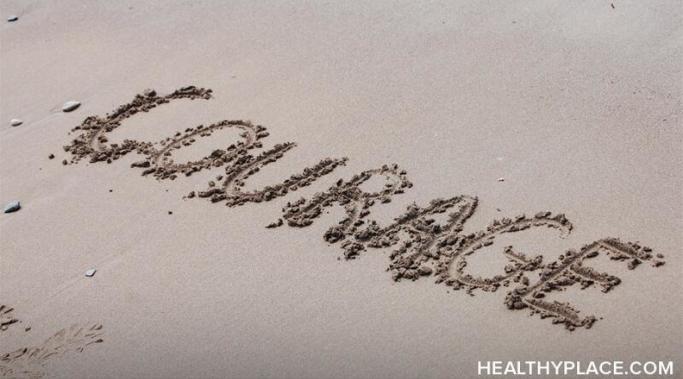It was 3 a.m., January 1, 2012. I had been struggling to sleep for hours. All had did though was constantly shift around in my hospital bed and throw covers on and off, as my head throbbed and waves of heat flushed my face. It left me hot and then freezing cold.
It was the last night of my hospital stay and I had gotten progressively sicker in the past few days. The nurses simply told me I must have the flu or something since I had a slight fever and struggled to eat — not a good thing for a recovering anorexic. I pushed the call button for the night nurse, hoping for some relief but knowing I had just taken a pain killer a few hours before and, therefore, there was nothing anyone could do. He brought me a box of tissues as I started crying and tossing around, saying "I guess this is what they call hitting rock bottom, huh?" He told me to go ahead and cry.
I had been in the hospital since December 26. It has been both the hardest and most rewarding thing I have ever done.
Relapse Prevention
There are times when your eating disorder and/or other co-morbid illnesses require inpatient psychiatric treatment. In an earlier post, I discussed my decision to enter an inpatient psychiatric hospital for anorexia, alcohol abuse treatment. In this video, I talk more about why I need inpatient eating disorders treatment.
I haven't been sober more than a few days each month since October. I have only eaten a handful of what would be considered real meals in several months.
I consume more calories in alcohol than food, and simply admitting that has to be one of the hardest things I have ever done.
For some reason, I knew drinking a glass of wine at 9:30 in the morning was not a good way to start off the week.
I have been struggling, and that includes continuously arguing with that Nazi Brunhilde voice in my head that keeps telling me I am fat and don't deserve to eat.
It has been a bad week.
Many days I don't want to get out to bed.
I am dealing with some difficult life issues right now, and of course the first thing I turn to is restricting my food intake in order to numb the pain and anxiety I am feeling.
There are some days that I feel as if this will go on forever. I contemplate my future and I can't see the light at the end of the eating disorder tunnel.
My thinness is an outward manifestation of my inner pain that I am unable to voice.
This is my last year of graduate school and I have started working on my thesis. It will be a creative non-fiction piece divided into two parts. One part will be about my struggles with anorexia nervosa, and my ultimate decision to begin the work of recovery in the midst of personal chaos. The other piece will review the memoirs and creative non-fiction writings written by women who have experienced anorexia and/or bulimia.
I deliberately chose to write my thesis about women only, in part because I plan to apply feminist theory to my thesis and I believe that eating disorders develop differently in women and men.
I have been enmeshed in writings about eating disorders these past few weeks, and I have found a common thread throughout the writings that resonate with my own experiences with anorexia.
Silence. At some point, each of these women have written about feeling silenced and having to regain their voices during recovery.
I believe at heart that eating disorders are illnesses of silence, of an inability to speak about inner pain, to give voice to what we are feeling and going through in the deepest reaches of our souls.
I struggle with anorexia even now because eating disorders are complex and deadly illnesses. They manifest differently in each individual. For me, anorexia was not about being thin. And yet it was. That is the paradox of anorexia. I was addicted to starving, driven to be thin. I could never be thin enough, and it took years to break the chains of those thoughts.
But have I completely broken free?





